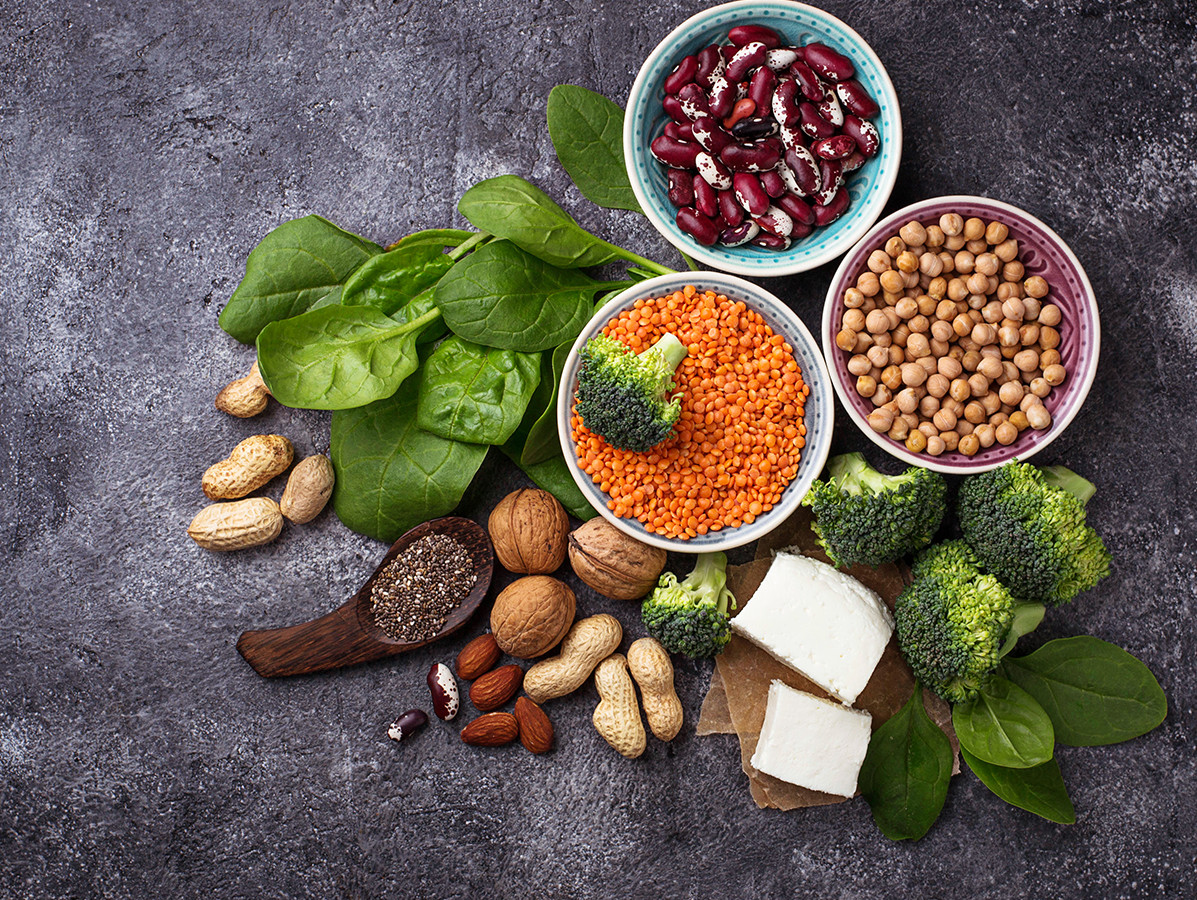
The demand for plant-based proteins for human nutrition is growing rapidly, especially for alternatives to dairy and meat. The European Union therefore wants to become more self-sufficient in order to meet the need for vegetable protein.
With a letter to the President of the Lower House of Parliament, Carola Schouten informed Parliament on 1 September 2020 about the progress of this National Protein Strategy (NES). She indicates that three tracks are being used, each covering the entire protein value chain. The starting point is that the possibilities must contribute to sustainability, healthy and safe food, earning power for the Netherlands and demand-driven innovation.
The first track concerns selective deployment on the cultivation of certain protein-rich crops in the Netherlands or, through the export of Dutch knowledge, elsewhere in Europe.
The second track concerns innovation and the development of new sources of protein. Many of these new protein sources are still in the early stages of research, or are not yet applicable within current legislation, which means that major steps must be taken before responsible production and consumption is possible. A new call for research projects was launched on 1 April this year. This has a budget of 15 million per year.
The third track is protein production through the valorization of waste streams. To this end, the Residual Streams Team has been set up. The focus of the questions that are currently coming in is on the valorization of former foodstuffs, kitchen waste and residual flows from vegetable food production.
In the field of supply, further improvement of the current generation of new protein products is needed; in terms of taste, structure, quality, sustainability and price. This may require additional commitment to innovation, scaling up production capacity and focus, for example on specific markets and market opportunities in Europe.
On the demand side, this may involve additional efforts to shift the eating behavior of consumers towards less animal and more vegetable proteins. The government is committed to a diet that puts less strain on the living environment, with a healthy balance between animal and vegetable protein in the diet in accordance with the Disk of Five and a reduction in the average overconsumption of protein in the Netherlands.
Schouten: "In the coming months - with the help of the ideas and points of attention of various players in the protein value chain - I will shape the above mentioned tracks into a National Protein Strategy, which I will send to your House at the end of this year."
Click here for the letter (Dutch only)
Source: Ministerie LNV